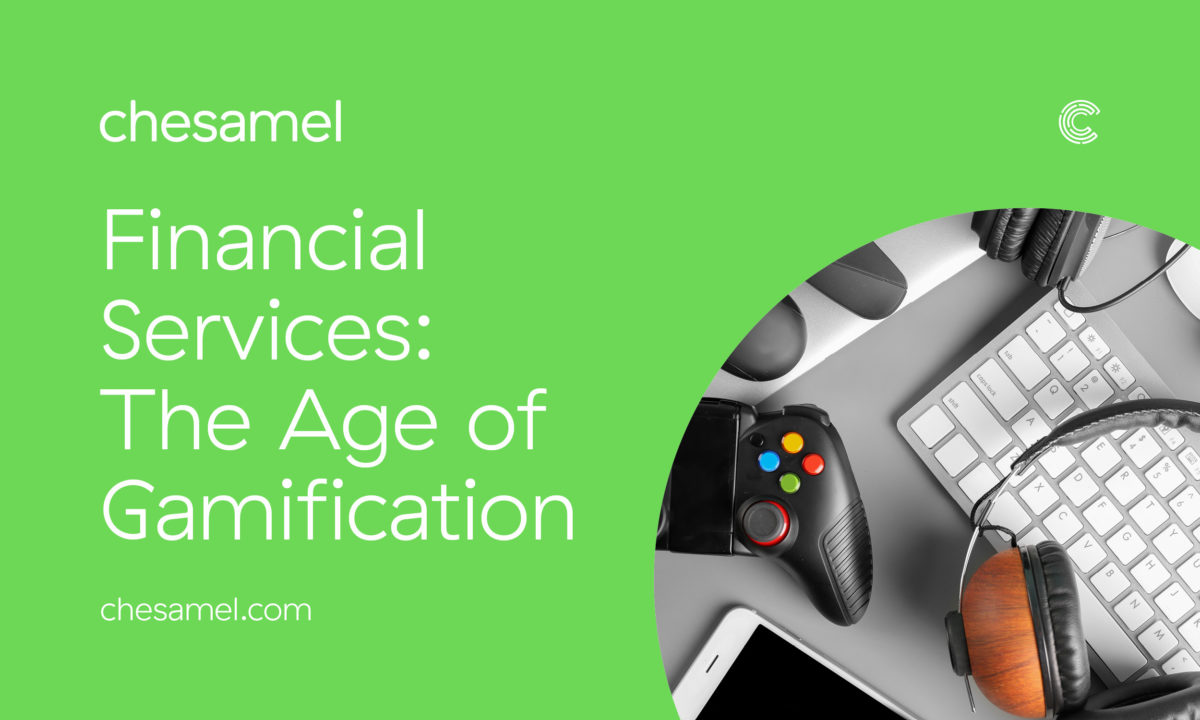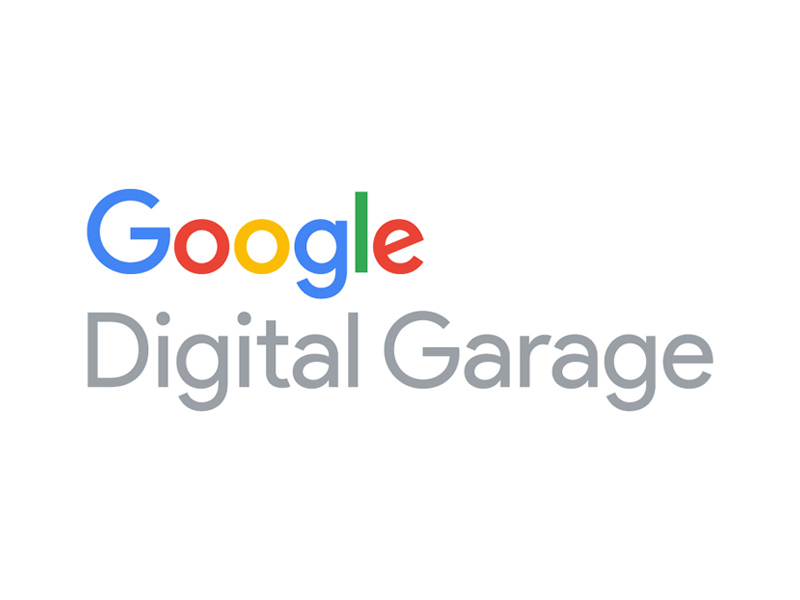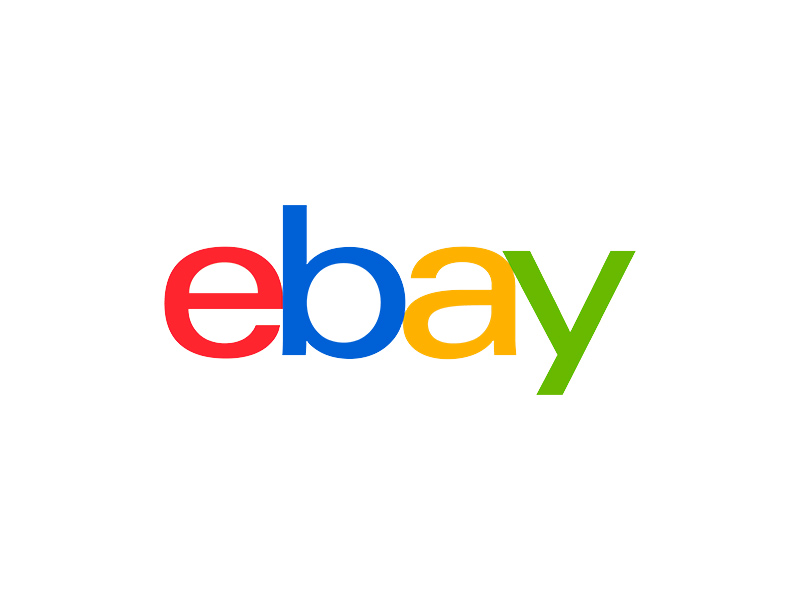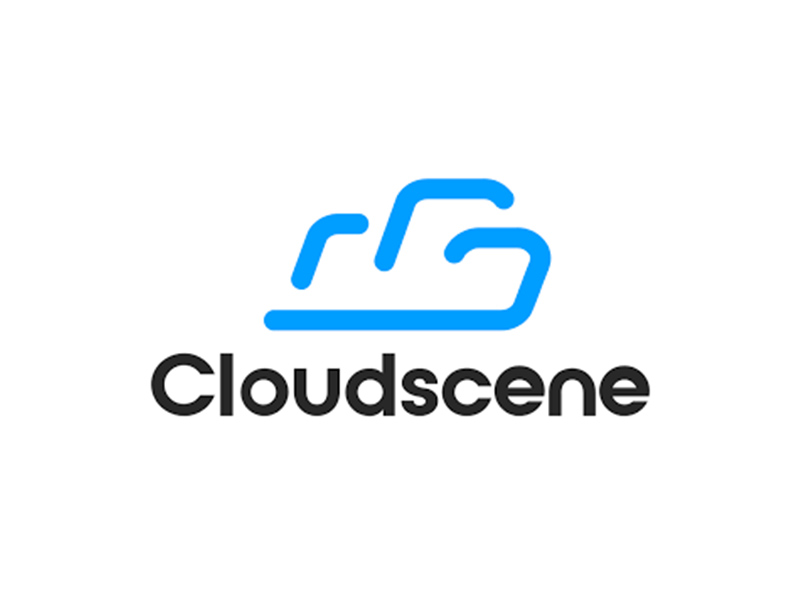Coined in July 1998 by Joseph Pine and James H Gilmore in the Harvard Business Review, ‘the experience economy’ is now celebrating its 20th birthday and continues to be a highly regarded concept seen as essential to consider in consumer business.
The idea of the experience economy is simple. It outlines the importance of businesses selling memories, and that experiences are worth more to the customer and the individual than goods or services are. Businesses now sell memories, because they understand how valuable they can be over material goods. This is a huge and important shift as it puts the marketing team at the heart of the business; if the brand is an experience then the marketing should help map out the customer journey and inform their company’s business models. In essence, marketing teams have now become experience makers.
Content saturation has eaten away at consumers attention spans, and many people are now looking for much more than a television campaign or online advertisement. There has also been a huge increase in the hyper-personalisation of goods in recent years, as products have become more customisable. Millennials have also caused a huge push towards the experience economy because, as a generation, they value experiences over possessions. This is a direct result of growing up during the recession and often having burdensome student loans to consider.
![]()
Experience businesses consistently show stronger revenue, increased customer loyalty, stronger brand advocacy and higher levels of repeat business. This should not come as a surprise, seeing as most cases of digital disruption has been due to the experience economy. Netflix destroyed Blockbuster because it provided a better experience for film lovers, not because it was exponentially better than Blockbuster. The same goes for AirBnB and holiday rental companies, and Uber and the taxi industry. These companies have all been hailed for creating beautiful experiences that envelope the customer, which has ultimately projected them to the top of their respective industries. According to Barclays’ Q1 2017 Consumer Spending Report, consumer spending is up because people are ‘splashing out on the experience economy’. It is clear that customers want good feeling and fun more than anything else; and if you fail to deliver, you risk losing out.
So how do you become an experience business? The most important thing to consider is how you will engage you customers. An experience business will engage potential consumers with superbly designed content which is individually personalised, integrated and seamless. A compelling experience is one that centers on customers as individuals, and this kind of personal experience is one that keep business coming back. This level of integrated content delivery can be achieved by coordinating elements such as experience design, customer intelligence and omni-channel delivery. From this, you can combine content with analytics and robust data to deliver engaging and impactful customer experiences.












